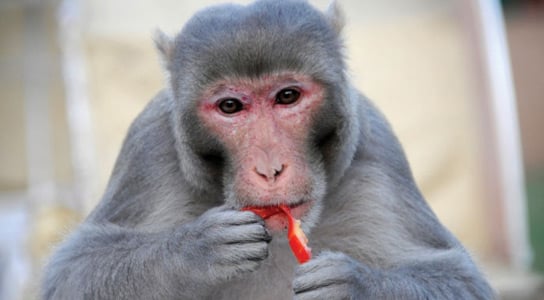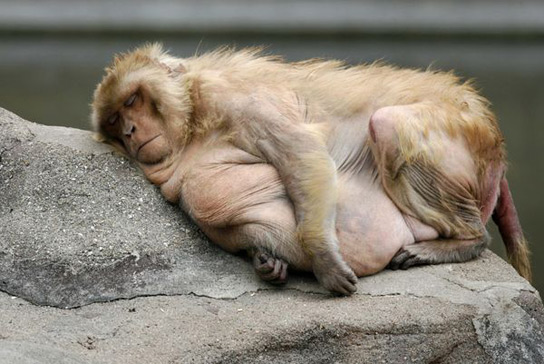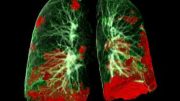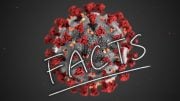
The study indicates that genetics and overall dietary composition have a greater impact on longevity than calorie counting alone.
Drastically cutting back on calorie intake doesn’t seem to lengthen the lifespan in primates. This conclusion comes from a 25-year study in rhesus monkeys fed 30% less than control animals, and represents a setback for the notion that a simple, diet-triggered switch could slow aging. The study actually indicates that genetics and overall dietary composition matter much more for longevity than simply counting calories.
The researchers published their findings in the journal Nature. Gerontologist Don Ingram at the Louisiana State University in Baton Rouge designed the study almost three decades ago, at the National Institute on Aging (NIA) in Bethesda, Maryland.

When this study on rhesus monkeys began, other studies of caloric restriction in short-lived animals seemed to indicate a connection. Experiments had shown that starvation made roundworms live longer. Studies involving rats fed fewer calories maintained shiny coats and a youthful vigor. Some molecular studied suggested that caloric restriction could trigger a cascade of changes in gene expression that could slow the net effect of aging.
A 2009 WNPRC (Wisconsin National Primate Research Center) study concluded that caloric restriction extended the life of rhesus monkeys. However, the WNPRC monkeys were fed an unhealthy diet, which meant that the calorie-restricted monkeys were healthier in comparison because they ate less of it. The NIA monkeys had 3.9% sucrose in their diets while the WNPRC had 28.5%. The NIA meals included fish oil and antioxidants.
The WNPRC control group ate more overall, since their meals were unlimited, whereas the NIA monkeys were fed fixed amounts. Researchers in caloric restriction are accustomed to mixed results, attributed to the genetic diversity in their subjects.
The molecular effects of caloric restrictions are also more complicated than previously expected. Compounds such as resveratrol, found in red wine, trigger the stress response that caloric restriction activates, shutting down non-vital processes in favor of those that ward off diseases. It seems impossible that aging could be slowed by a manipulating a single gene or protein in a single molecular pathway, as researchers have learned that the key pathways vary according to the animal.
Observational studies in humans have shown that people of average weight live the longest. Some centenarians studied have led Nir Barzilai, a gerontologist at the Albert Einstein College of Medicine in New York, to believe that genetics is more important than diet or lifestyle.
Reference: “Impact of caloric restriction on health and survival in rhesus monkeys from the NIA study” by Julie A. Mattison, George S. Roth, T. Mark Beasley, Edward M. Tilmont, April M. Handy, Richard L. Herbert, Dan L. Longo, David B. Allison, Jennifer E. Young, Mark Bryant, Dennis Barnard, Walter F. Ward, Wenbo Qi, Donald K. Ingram and Rafael de Cabo, 29 August 2012, Nature.
DOI: 10.1038/nature11432









Be the first to comment on "Genetics and Healthy Diets Are More Important for Longevity than Calorie Restriction"